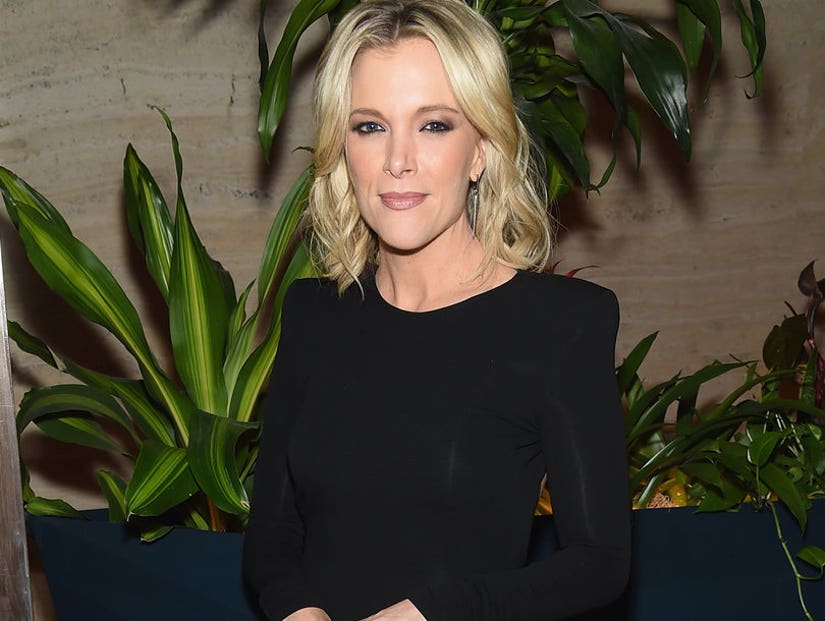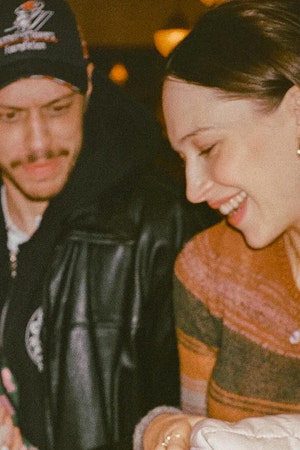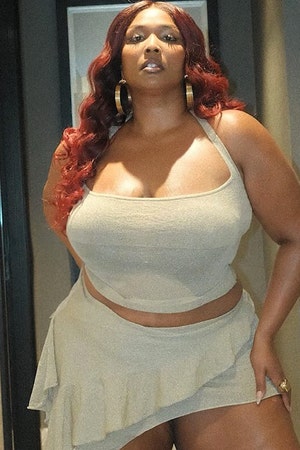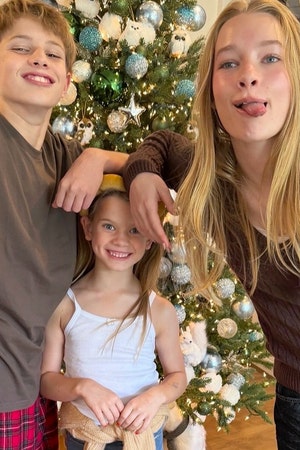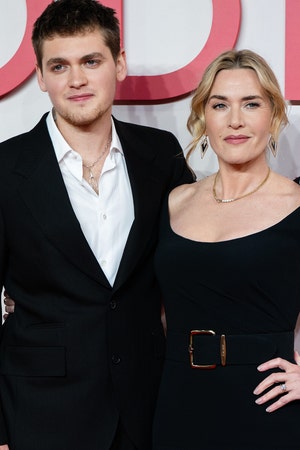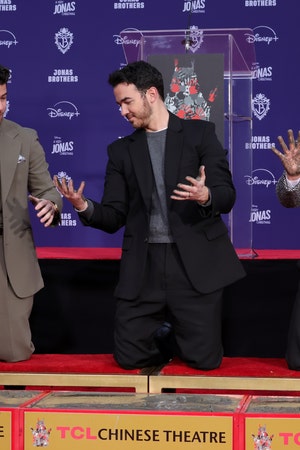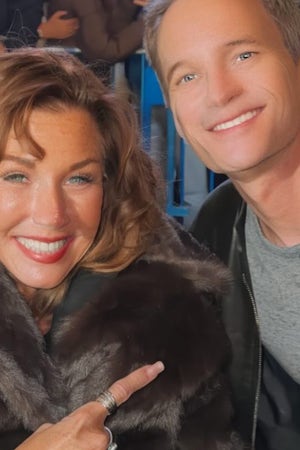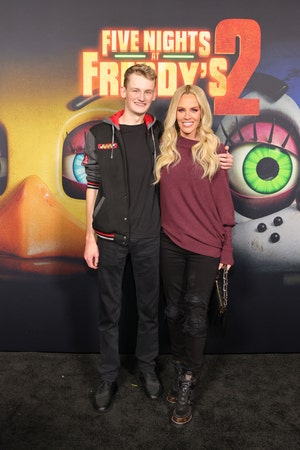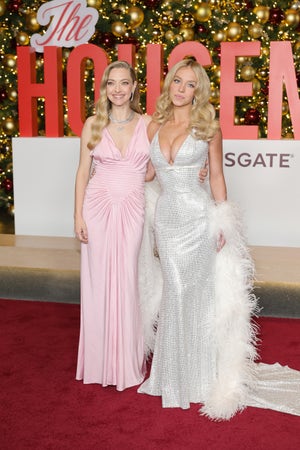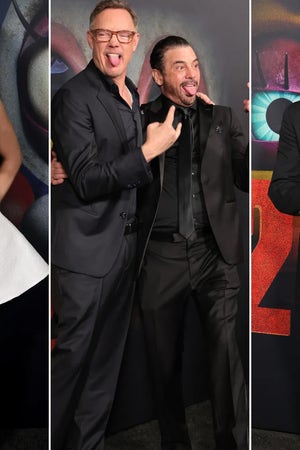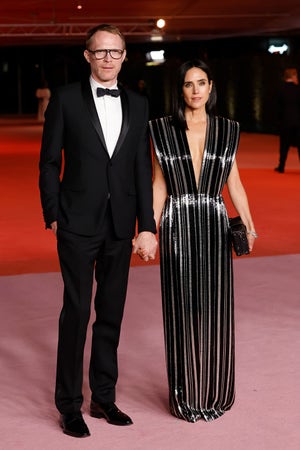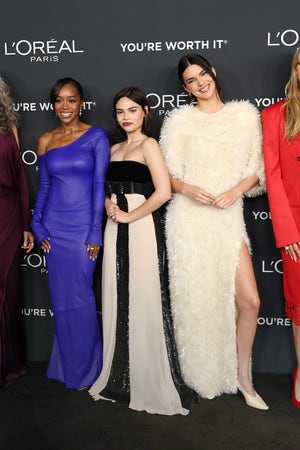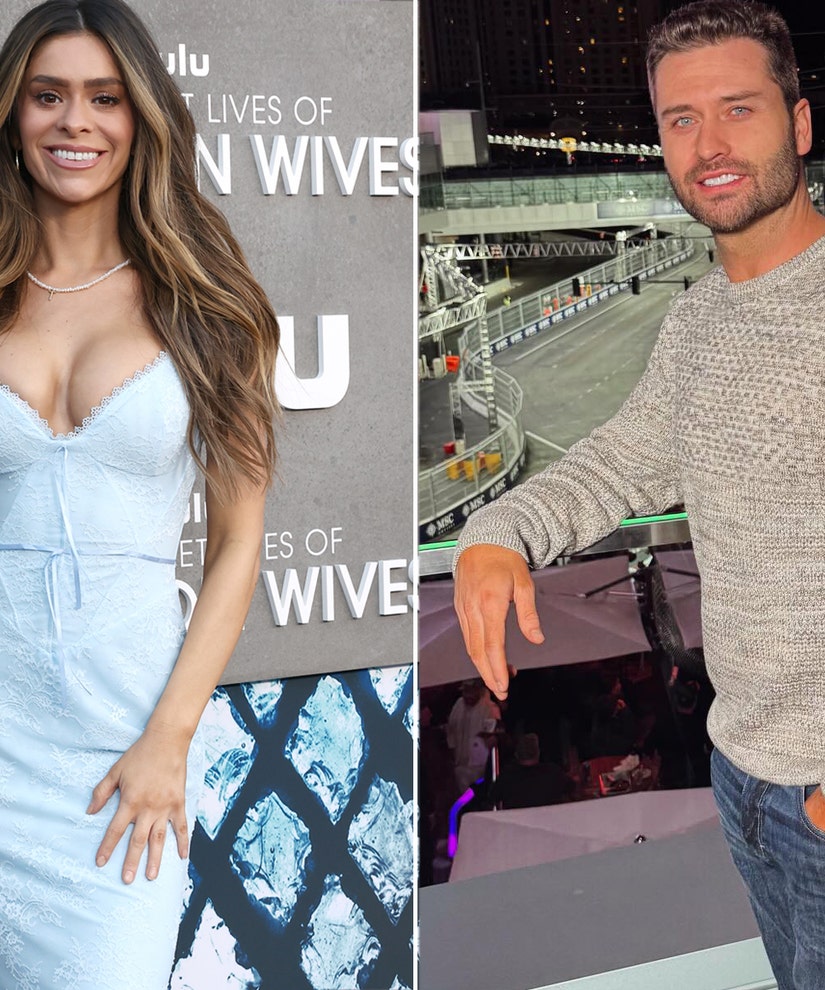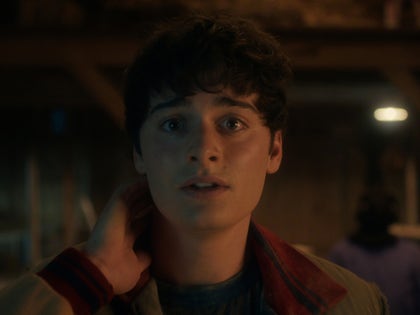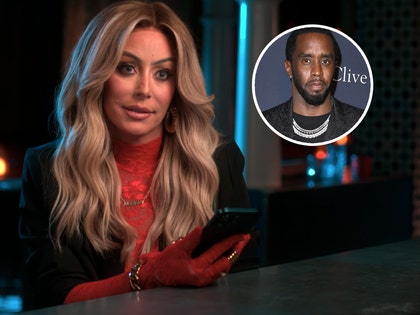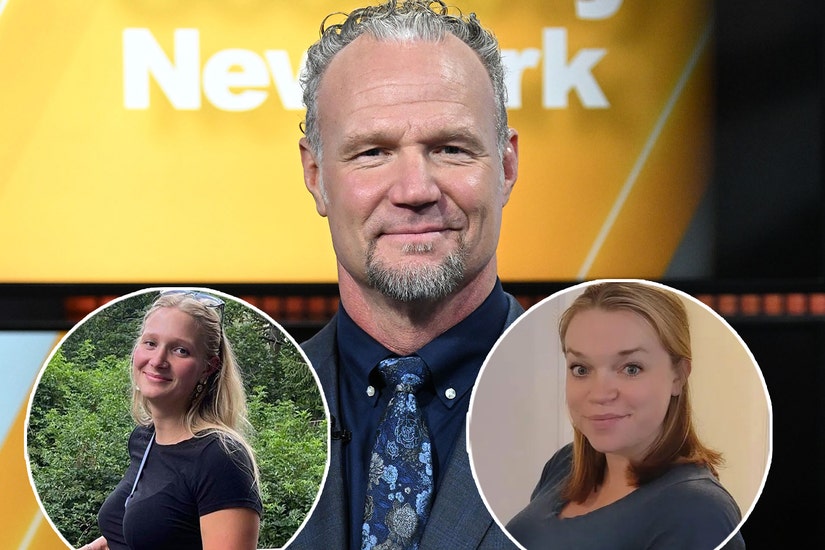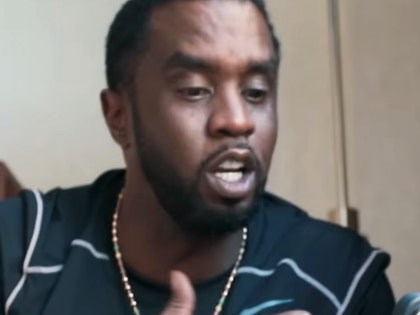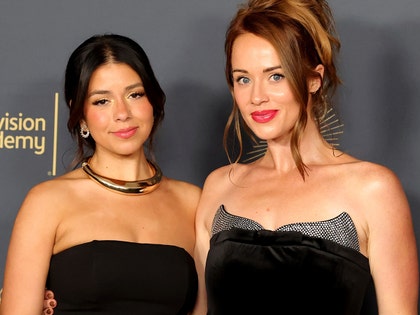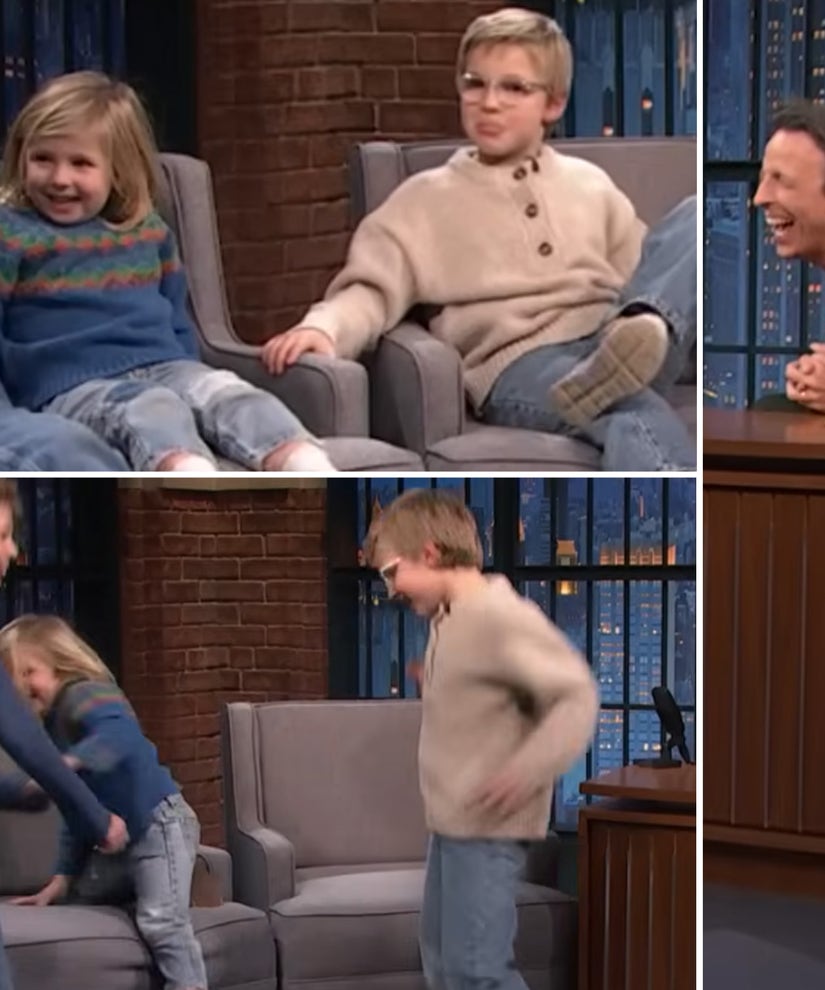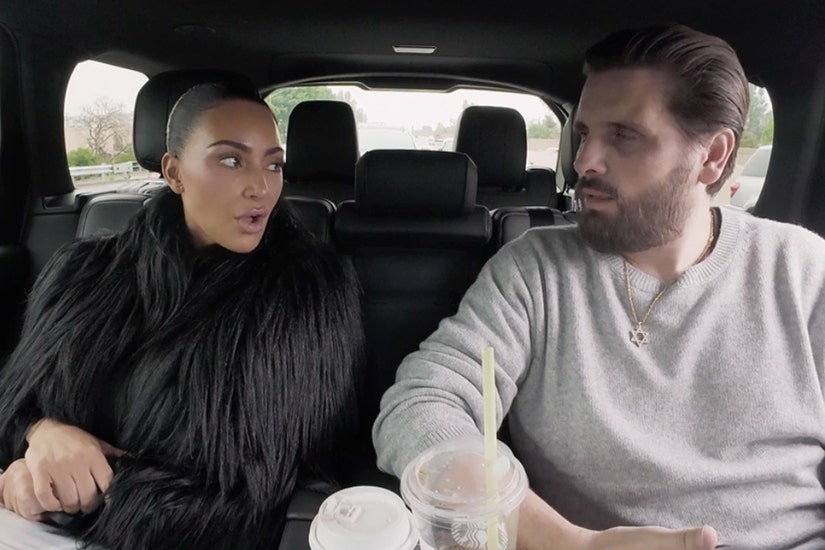A group of students currently attending the same high school Kelly graduated from in the late '80s also answers the former "Today" host's question "what is racist" about blackface.
Megyn Kelly's high school has joined the long list of people offended and confused by her shocking endorsement of blackface during a "Today" panel discussion last week.
25 students from Bethlehem Central High School in New York have written an NBC News op-ed taking issue with her comment, "Back when I was a kid, that was okay just as long as you were dressing as a character."
 Getty
Getty
Patton Oswalt and Padma Lakshmi Trash Megyn Kelly for Asking 'What Is Racist' About Blackface
View Story"Those comments definitely do not speak to who we are in Bethlehem or at Bethlehem Central High School, from which she graduated in 1988. Blackface is not acceptable anywhere in America, and it is not acceptable in our town," the students collectively wrote. "We weren't alive when Megyn was in high school but, in the recollection of many of our parents who grew up around here, it was not acceptable even in the 1980s town that she knew."
The students follow a slew of Hollywood stars, former "Real Housewives of New York" star Carole Radziwill, "Late Night with Seth Meyers," as well as Kelly's own NBC colleagues, including Al Roker, taking issue with her off-the-cuff comments about blackface, which she apologized for in tears on the air last Wednesday after apologizing to co-workers in an email. That apology was the last time the former Fox News star appeared on NBC. Since then, the network has confirmed that "Megyn Kelly Today" has been canceled, and the anchor is currently negotiating her exit deal after NBC decided to get rid of her.
During the segment that ended Kelly's career at NBC, she asked "what is racist" about blackface while complaining about colleges recommending students wear politically correct costumes on Halloween. Well, these students summed up pretty well exactly why painting your face to appear as an African-American remains deeply problematic, citing their own town's history of minstrel shows.
And blackface, of course, was part of a broad and sordid tradition of masking racism in the “humor” of minstrelsy; people who lived in our area were not immune. Our local newspaper's records show that minstrel shows were performed as fundraisers in our elementary school gym as late as 1960 (albeit a decade before Megyn was born).
Perhaps its staying power even in the northeastern United States despite its obvious bigotry speaks to the pernicious role that blackface played and still plays in broadly normalizing racist caricatures. Jim Crow, after all, was a blackface character long before he was shorthand for systematic oppression.
Racism might have become more subtle in the intervening years, but it remains just as potent a force in the society into which we're about to enter as adults. The reason that Megyn's comments about blackface being "OK" when she was a kid (let alone her statement at the time that "I don't know how [blackface] got racist on Halloween," in response to prior critics of the practice) were so offensive is that blackface is a projection of the racism that lies much deeper, and a symbol of times that are not quite as far past as we may wish to admit.
As young people, we know that racial stereotyping and institutional discrimination hurts all of our futures. On race and so many other issues, our generation is waking up to a world in need of fixing — and it's falling on us to make change happen.
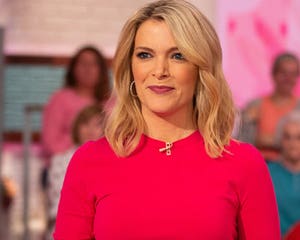
Megyn Kelly Done at NBC After Endorsing Blackface and Hollywood Stars Wonder Why She Was Ever Hired
View StoryThe students did, however, believe that Kelly's apology was sincere. They recognized that everybody has expressed themselves "poorly," but encouraged NBC and the rest of the country to continue the discussion about blackface in America.
"We all have times when we use words poorly -— just ask our English teachers. We cannot judge each other by our worst moments, and believe Megyn when she says that her recent comments do not speak to who she is. We know full well that one of the hardest things to do is to apologize, and we thank her for doing so," they wrote. "But retroactively showing 'sensitivity' isn't nearly enough to prevent the cycle from continuing. We must go further. The solution is not sweeping these uncomfortable ideas under the rug; it's facing them head on with appreciation for their context."
While apologizing to her viewers, Kelly admitted she "was wrong" to defend changing skin tone to dress up as another ethnicity for a costume, going beyond blackface to include "a black person making their face lighter."
"One of the great parts of sitting in this chair each day is getting to discuss different points of view," she said. "Sometimes I talk and sometimes I listen, and yesterday I learned. I learned that given the history of blackface being used in awful ways by racists in this country, it is not okay for that to be part of any costume, Halloween or otherwise."
"I have never been a PC kind of person but I do understand the value in being sensitive to our history, particularly on race and ethnicity," Kelly went on. "This past year has been so painful, for many people of color the country feels so divided and I have no wish to add to that pain and offense. I believe this is a time for more understanding, more love, more sensitivity and honor and I want to be part of that. Thank you for listening and for helping me listen too."
Catch up on the entire story through TooFab's coverage below.
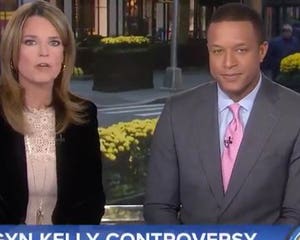 NBC
NBC
How 'Today' Covered Megyn Kelly's NBC Departure in Wake of Blackface Comments
View Story
Megyn Kelly Done at NBC After Endorsing Blackface and Hollywood Stars Wonder Why She Was Ever Hired
View Story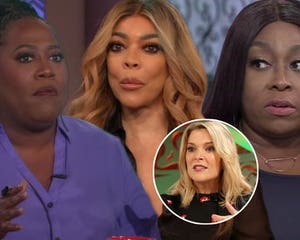 Fox/CBS/Getty
Fox/CBS/Getty
Wendy Williams,' 'The Talk' and 'The Real' Unload on Megyn Kelly's Apology for Blackface Comments
View Story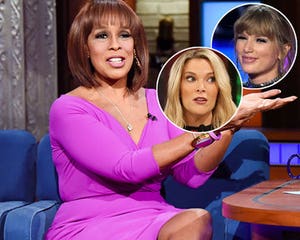 CBS
CBS
Gayle King Thinks Megyn Kelly 'Stepped In It,' Praises Taylor Swift for Getting Political
View Story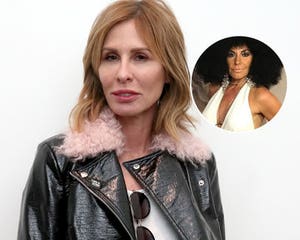 Getty/Instagram
Getty/Instagram
Carole Radziwill Calls Megyn Kelly 'Absurd' for Defending Luann's 'Blackface,' Says Bravo Was 'Concerned' About Costume
View Story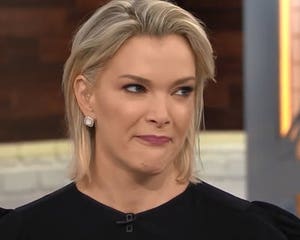 NBC
NBC
Megyn Kelly Gets Standing Ovation After Apologizing for Those Backwards Blackface Comments
View Story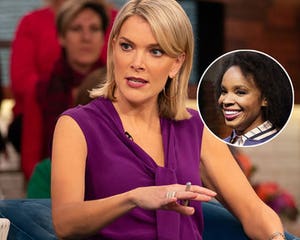 NBC
NBC
'Late Night with Seth Meyers' Schools Megyn Kelly on Blackface Being Totally Racist
View Story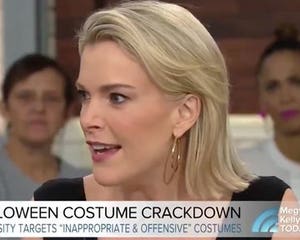 NBC
NBC

